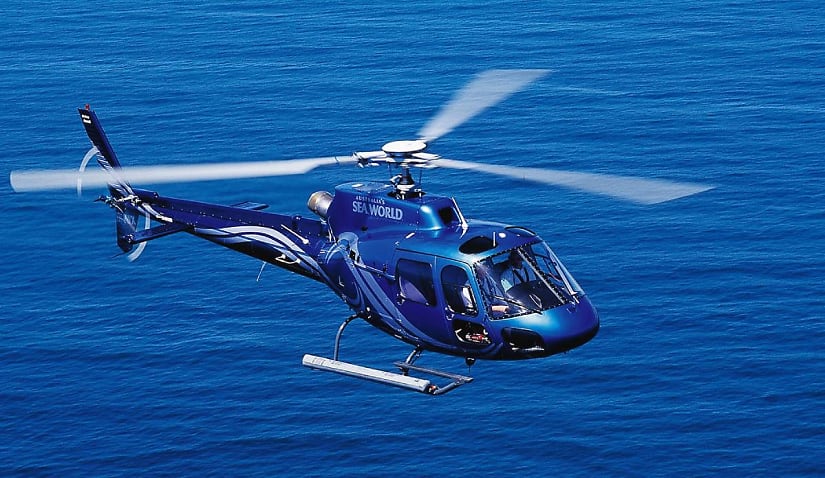An aviation and accident lawyer has called for major law reform in the wake of the Sea World helicopter accident, from which victims face major legal hurdles to receive compensation.

Director of Carter Capner Law and former national president of the Australian Lawyers Alliance, Peter Carter, who is also a pilot, has revealed the challenges for all affected by the tragedy under the law as it stands.
Currently, there is no requirement for commercial operators to insure against claims for psychological injury by non-passengers, Mr Carter maintained.
“You don’t know how these incidents will affect you, and I’ve dealt with hundreds of clients over the years who have suffered tremendously and had long-term medical bills and loss of income,” Mr Carter explained.
He called for the immediate amendment by the federal government to the Civil Aviation (Carriers’ Liability) Act, that it should be specified that operators must not only insure against bodily injury but also against injury to mental health.
In an even more shocking revelation, Mr Carter said the operator and its insurer could escape all liability even to seriously injured passengers onboard the helicopters, under Queensland’s Civil Liability Act that came into force in 2002, by arguing that helicopter joy flights are a “dangerous recreational activity”.
“If insurance companies successfully argue that light aircraft travel is inherently dangerous — like they have already done in NSW — all injured Sea World passengers are at risk of losing their right to recover injury compensation,” explained Mr Carter.
He labelled this tactic as “unconscionable” and cited two examples in NSW where those in light aircraft were denied compensation even when the court ruled that there was fault by third parties, because flying a light aircraft was classified as a dangerous recreational activity.
“There have been no decided cases in Queensland yet, but insurers are known to use whatever loophole they can to weasel their way out of paying, and this law gives them that opportunity,” Mr Carter illuminated.
“Most Queenslanders who travel in light aircraft around our far-flung state would be surprised to hear that they are disqualified from compensation for any injuries they might, unfortunately, sustain as a result of the negligence an airport operator, a fuel supplier, an aircraft maintenance organisation, another aircraft, an air traffic controller or a pilot.”
Mr Carter emphasised his call on the Queensland government to immediately amend section 18 of the Civil Liability Act to clarify that light aircraft travel does not come within the definition of “dangerous recreational activity”.